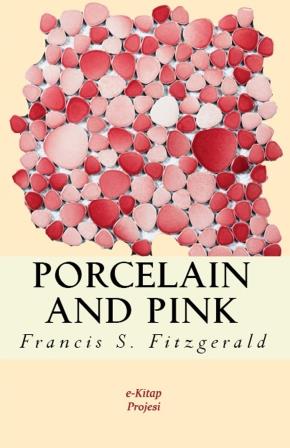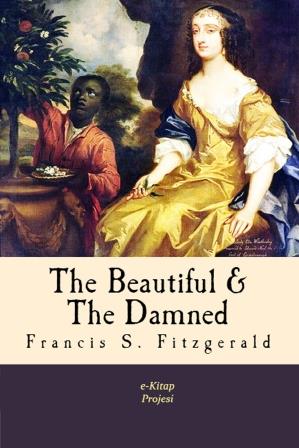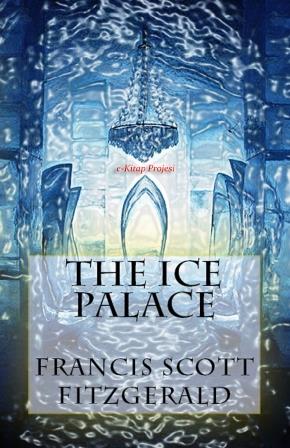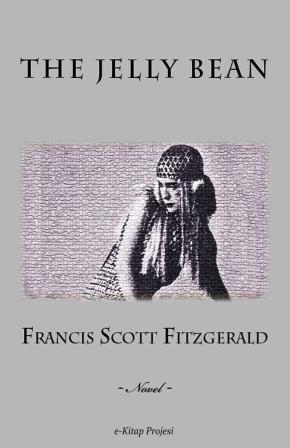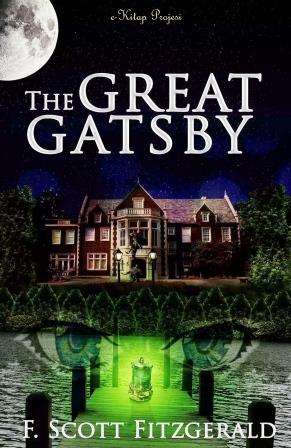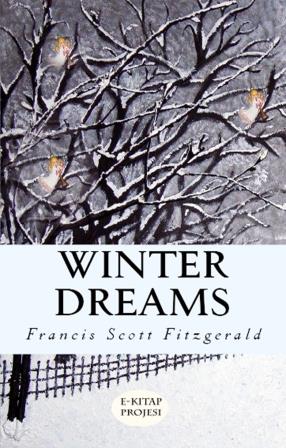More Search Results...
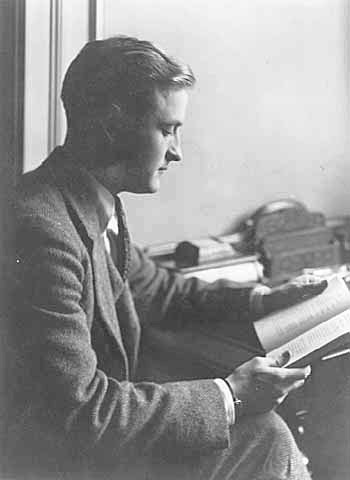
F. Scott Fitzgerald was one of the major American writers of the twentieth century — a figure whose life and works embodied powerful myths about our national dreams and aspirations. Fitzgerald was talented and perceptive, gifted with a lyrical style and a pitch-perfect ear for language.
He lived his life as a romantic, equally capable of great dedication to his craft and reckless squandering of his artistic capital. He left us one sure masterpiece, The Great Gatsby; a near-masterpiece, Tender Is the Night; and a gathering of stories and essays that together capture the essence of the American experience.
His writings are insightful and stylistically brilliant; today he is admired both as a social chronicler and a remarkably gifted artist.
Porcelain and Pink
A room in the down-stairs of a summer cottage. High around the wall runs an art frieze of a fisherman with a pile of nets at his feet and a ship on a crimson ocean, a fisherman with a pile of nets at his feet and a ship on a crimson ocean, a fisherman with a pile of nets at his feet and so on. In one place on the frieze there is an overlapping—here we have half a fisher-man with half a pile of nets at his foot, crowded damply against half a ship on half a crimson ocean.
More info →The Beautiful and the Damned
In 1913, when Anthony Patch was twenty-five, two years were already gone since irony, the Holy Ghost of this later day, had, theoretically at least, descended upon him. Irony was the final polish of the shoe, the ultimate dab of the clothes-brush, a sort of intellectual "There!"—yet at the brink of this story he has as yet gone no further than the conscious stage. As you first see him he wonders frequently whether he is not without honor and slightly mad, a shameful and obscene thinness glistening on the surface of the world like oil on a clean pond, these occasions being varied, of course, with those in which he thinks himself rather an exceptional young man, thoroughly sophisticated, well ad-justed to his environment, and somewhat more significant than any one else he knows.
More info →The Ice Palace
All night in the Pullman it was very cold. She rang for the porter to ask for another blanket, and when he couldn't give her one she tried vainly, by squeezing down into the bottom of her berth and doubling back the bed-clothes, to snatch a few hours' sleep. She wanted to look her best in the morning.
More info →The Jelly Bean
Jim Powell was a Jelly-bean. Much as I desire to make him an appealing character, I feel that it would be unscrupulous to deceive you on that point. He was a bred-in-the-bone, dyed-in-the-wool, ninety-nine three-quarters per cent Jelly-bean and he grew lazily all during Jelly-bean season, which is every season, down in the land of the Jelly-beans well below the Mason-Dixon line.
More info →This Side of Paradise
Amory Blaine inherited from his mother every trait, except the stray inexpressible few, that made him worth while. His father, an ineffectual, inarticulate man with a taste for Byron and a habit of drowsing over the Encyclopedia Britannica, grew wealthy at thirty through the death of two elder brothers, successful Chicago brokers, and in the first flush of feeling that the world was his, went to Bar Harbor and met Beatrice O'Hara.
More info →Tender is the Night
On the pleasant shore of the French Riviera, about half way between Marseilles and the Italian border, stands a large, proud, rose-colored hotel. Deferential palms cool its flushed façade, and before it stretches a short dazzling beach. Lately it has become a summer resort of notable and fashionable people; a decade ago it was almost deserted after its English clientele went north in April. Now, many bungalows cluster near it, but when this story begins only the cupolas of a dozen old villas rotted like water lilies among the massed pines between Gausse's Hôtel des Étrangers and Cannes, five miles away.
More info →The Great Gatsby
The Great Gatsby is a 1925 novel written by American author F. Scott Fitzgerald that follows a cast of characters living in the fictional town of West Egg on prosperous Long Island in the summer of 1922.
The story primarily concerns the young and mysterious millionaire Jay Gatsby and his quixotic passion and obsession for the beautiful former debutante Daisy Buchanan. Considered to be Fitzgerald's magnum opus, The Great Gatsby explores themes of decadence, idealism, resistance to change, social upheaval, and excess, creating a portrait of the Jazz Age or the Roaring Twenties that has been described as a cautionary tale regarding the American Dream.
More info →Winter Dreams
SOME of the caddies were poor as sin and lived in one-room houses with a neurasthenic cow in the front yard, but Dexter Green's father owned the second best grocery-store in Black Bear—the best one was "The Hub," patronized by the wealthy people from Sherry Island—and Dexter caddied on-ly for pocket-money.
More info →Benediction
Trees filtering light onto dapple grass. Trees like tall, languid ladies with feather fans coquetting airily with the ugly roof of the monastery. Trees like butlers, bending courteously over placid walks and paths. Trees, trees over the hills on either side and scattering out in clumps and lines and woods all through eastern Maryland, delicate lace on the hems of many yellow fields, dark opaque backgrounds for flowered bushes or wild climbing garden.
More info →Head and Shoulders
In 1915 Horace Tarbox was thirteen years old. In that year he took the examinations for entrance to Prince-ton University and received the Grade A—excellent—in Cæsar, Cicero, Vergil, Xenophon, Homer, Algebra, Plane Geometry, Solid Geometry, and Chemistry.
More info →

























